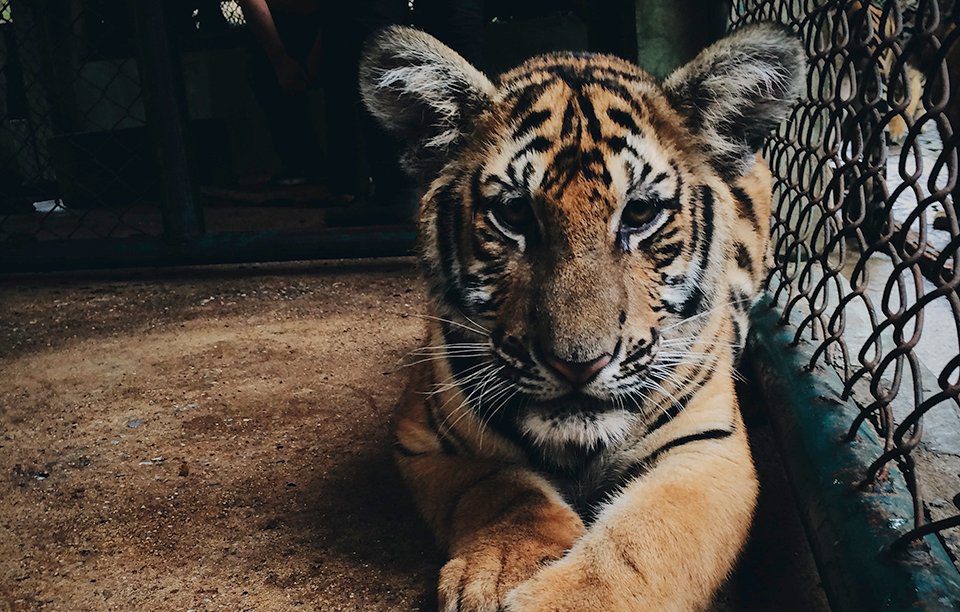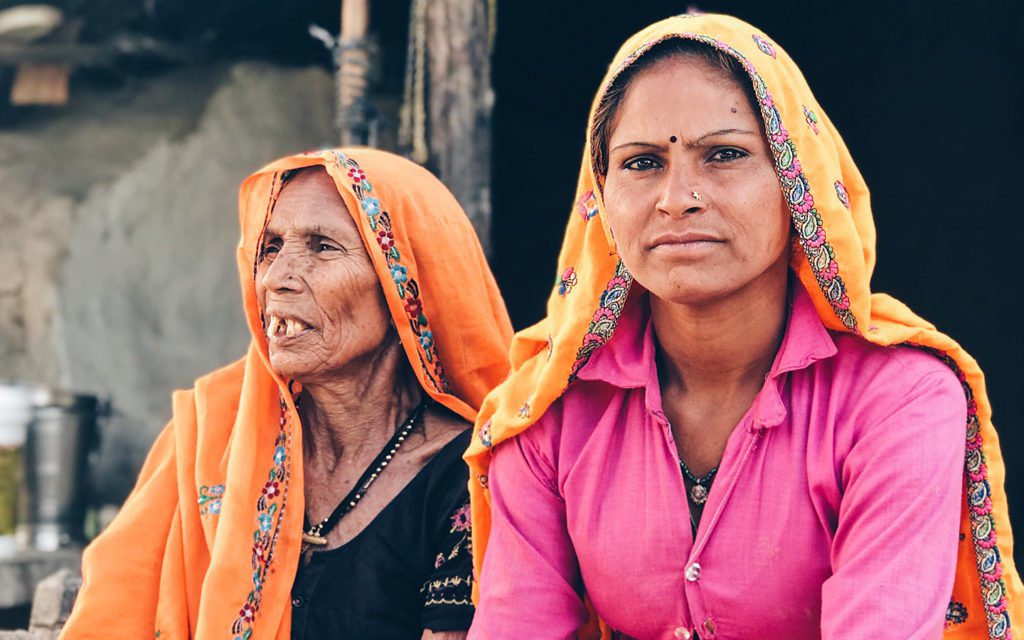It’s always going to feel a bit awkward if you choose to tell a friend that the photo they just proudly posted on Insta of them at an overseas orphanage is actually causing severe harm.
How do you explain to that certain friend that the orphanage is operating solely to attract tourist dollars and that the so-called ‘orphans’ have families who were financially desperate enough to accept cash in exchange for their child?
How do you then tell them of the emotional damage day visits cause to these children, who are failing to learn long-lasting love and only see it as a fleeting emotion?
Should you even mention it? Will you come across as ‘too preachy?’
It’s an extremely complex topic and not an easy conversation to have for anyone, but when it comes to the welfare of children, animals and the environment, it’s an issue that needs to be flagged for everyone’s long term benefit.

What’s the challenge?
In today’s instant selfie world of the personal gratification that comes from garnering influence on social media, it’s easy for all of us to get lost in the moment and end up inadvertently spreading the wrong message.
Just look at Kim Kardashian West and the backlash she received recently when she posted snaps of herself posing on the back of an elephant in what she thought was an elephant sanctuary in Bali.
While the post didn’t go down well at all with many of her 142+ million followers (it’s since been removed), it did spark some much-needed conversation and awareness around the whole animal tourism piece which perhaps ironically, became a positive.
Given the choice and being aware, most people will choose to do the right thing, it’s just that often, we’re not skilled up on these modern-day ethical dilemmas at the time.

What’s the solution?
To help you (and us) get the message across without causing offence, we asked two of the most responsible travel operators in tourism – G Adventures and Intrepid Travel.
Here’s how they suggest you break the news gently:
Dan Coleman, National Sales Manager at G Adventures Australia & New Zealand, recently found himself in a similar situation and said although it was tough, the outcome was positive.
“He thanked me, saying he never realised the bigger picture”
Dan Coleman, National Sales Manager at G Adventures Australia & New Zealand
“As a traveller, I had already broken most of ‘the rules’ of responsible travel before I’d been educated about them. But it’s never too late to learn, and to start making more responsible decisions whilst travelling,”
“I had an instance recently when I saw my best mate posting pics of captive wildlife while on holiday in Thailand. I wanted to be gentle in how I brought it up with him, but I did want to treat it as an opportunity for him to learn. I reached out via messenger, told him I loved that he was having a great time, and explained that I wanted to tell him about why such activities were harmful,”
“We talked about it again in person the next time we met and he thanked me, saying he never even considered how posing for a pic is part of a bigger issue.”

Telling someone they’re in the wrong may feel like you’re about to crush their feelings but as Leigh Barnes, Intrepid Travel‘s Chief Purpose Officer, puts it, “it isn’t about making anyone feel bad, it’s all about education”.
“Most of the time people are unaware they are doing something wrong. By engaging in a respectful conversation with your friend, you have the opportunity to influence how they behave next time.”
Leigh went on to say that the conversation should be more than just about pointing out what they’ve done wrong by noting what they could do differently for next time:

“It isn’t about making anyone feel bad, it’s all about education.”
Leigh Barnes, Intrepid Travel‘s Chief Purpose Officer
Responsible travel has many elements, and many are straightforward and easy to follow. Here’s five tips to get you started.
1. Buy local
Support local business and accommodation; the local roadside café, the family-run guest house, the markets or visiting a local tailor to have clothing made.
By buying local, you’re directly supporting the country and the locals you’re visiting. It’s that simple.
2. Resist the urge to give to beggars
It might be difficult but it’s important to remember that giving to beggars on the street can impact local people in a negative way.
There are so many cases of kids skipping school or being forced by their parents to beg – some have even been drugged to increase earning potential.
The same goes for orphanage tourism or school visits – these practices would be unthinkable at home, so the same rules apply overseas.
Choose instead to give to accredited foundations and charities you feel personally aligned to that can have a greater impact.

3. Respect locals
As curious as you may find the locals (which is, of course, the gift of travelling), don’t be surprised if they’re equally as intrigued by you.
Do your research before you travel to follow the local customs, dress appropriately, don’t stereotype a culture from one bad experience and keep an open mind at all times.
If you can, you’ll have a much more mutually enjoyable experience that you’ll remember forever.
4. Take photos with respect in mind
You should always ask before taking someone else’s photo – often just raising your camera with an “is this ok?” look or gesture will be enough.
Don’t give locals money for their photograph as it becomes another form of begging. Again, talking to them and learning about their life can result in a much better experience for you both, as well as a much better photograph. If you say you will send them the photo, be sure to follow through.
Don’t take photos of kids either – this seems to be a trend on social media and dating apps at the moment and while the kids might ask for a pic, it’s disrespectful and ultimately children are not tourist attractions.
The rule to remember is simple – Would you like strangers taking photos of your kids or relatives without asking? Or actually at all?
5. Take your rubbish with you and avoid single-use plastics
Avoid single-use plastics like plastic bags, straws, coffee cups and water bottles. Bring all of these from home and refill as you go. When you do have rubbish, make sure you dispose of your litter responsibly.
On top of this, you should endeavour to collect any rubbish left by others – taking extra steps such as this are at the crux of responsible tourism.

How can you travel to change the world?
Congratulations! By reading this post and taking some of these insights on board, you’ve already made a difference.
Now you can easily create your impact by sharing your new-found knowledge with other friends who you think would also be interested.
Ultimately, responsible travel comes down to common sense – stay curious, keep yourself up-to-date with the challenges at hand and make yourself accountable for your actions on your travels.